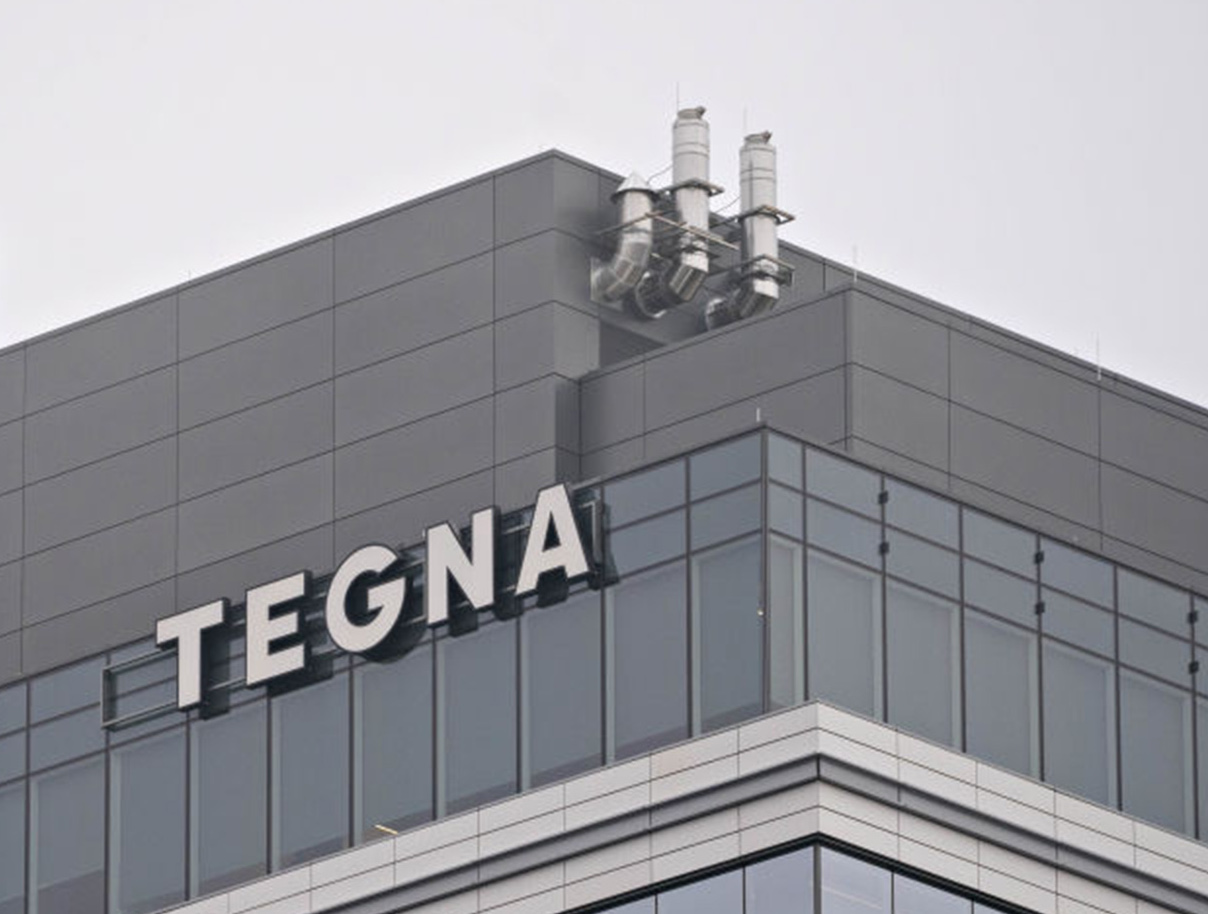Cable Warns of Higher Rates
The cable industry this week threatened higher cable rates as a result of the FCC’s denial of waivers to the integrated set-top box ban that went into effect July 1.
Just two days prior to the deadline on the integrated cable set-top ban, the FCC granted waivers for multichannel video providers who are currently digital or plan to be all digital by February 2009. At the same time, the commission denied waivers to 10 cable operators as well as a request for a blanket waiver from the National Cable and Telecommunications Association, which warned that the commission’s 11th hour actions, “doesn’t bode well for consumers” and could result in a “$600 million tax” on cable customers.
Mandated by the 1996 Telecom Act, the ban on cable set-top boxes with integrated security features is designed to foster a consumer market for such boxes, allowing cable subscribers to purchase their own decoders at retail and use them anywhere in the country with any cable operator, via the use of a CableCARD. The integrated ban was supposed to take effect in 2000, but the cable industry has been fighting the proposed ban tooth and nail ever since.
In granting its waivers, the commission seemed to be rewarding those cable operators who will have all-digital plants by the time analog broadcasts are shut down on Feb. 17, 2009, noting that “an all-digital conversion” will facilitate the DTV transition. Among the winners was Verizon, which is deploying its FiOS fiber-optic broadband services to compete with cable. Among the losers was Comcast, the nation’s largest cable operator, which complained that Verizon had not taken any steps to comply with the integration ban. Comcast said the FCC grant of a waiver to Verizon, “raises serious questions about the integrity of the waiver process.”
In addition to Verizon, more than 120 other companies were granted waivers for a variety of reasons, ranging in size from Charter Cable Communications, which pleaded financial hardship, to Guam Cable LLC, which received a bye because of its “unique circumstances stemming from its typhoon-prone location.”
The professional video industry's #1 source for news, trends and product and tech information. Sign up below.
